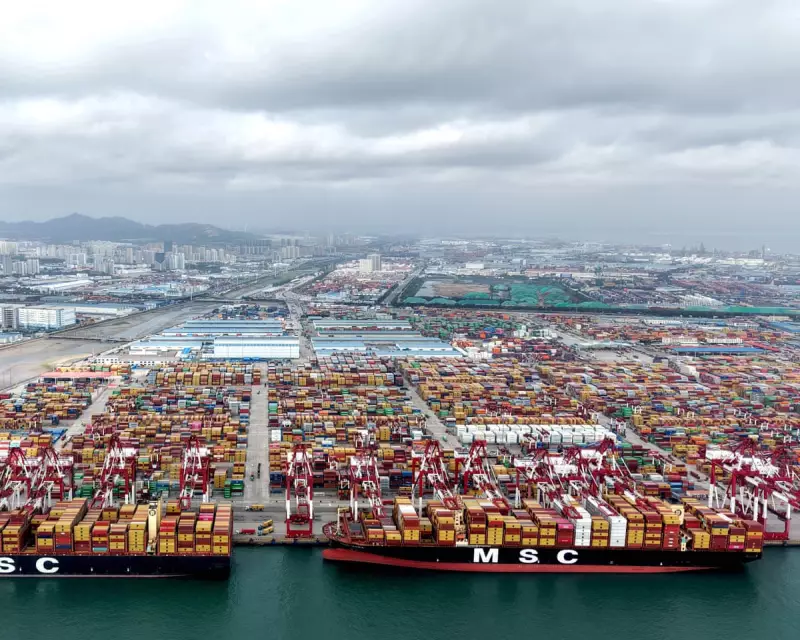
The spectre of a full-scale trade war looms larger than ever as China has issued a stark warning to the United States, promising firm retaliation against former President Donald Trump's threat to impose 100% tariffs on all Chinese imports.
Diplomatic Tensions Reach Boiling Point
In a move that could reshape global trade dynamics, Chinese officials have declared they will take "all necessary measures" to safeguard their nation's interests and economic stability. The warning comes directly from Beijing's foreign ministry, signalling the seriousness with which China views the potential economic confrontation.
Trump's Tariff Proposal Sends Shockwaves
The controversial tariff threat emerged during Trump's recent campaign activities, where he vowed to implement the sweeping import taxes if he returns to the White House. This isn't the first time Trump has employed aggressive trade tactics against China—his previous administration saw tariffs reach up to 25% on approximately $350 billion worth of Chinese goods.
The economic implications are staggering:
- Potential disruption to global supply chains already strained by recent geopolitical events
- Increased costs for American consumers across countless product categories
- Threatened stability in financial markets worldwide
- Possible violation of World Trade Organization rules and international trade agreements
Historical Context and Future Projections
This latest development represents an escalation of the trade conflicts that characterised Trump's first term. During that period, both nations engaged in tit-for-tat tariff impositions that affected hundreds of billions of dollars in trade and created uncertainty in global markets.
Analysts suggest that implementing 100% tariffs would effectively double the cost of Chinese imports to American businesses and consumers, potentially triggering inflation and disrupting the delicate recovery of post-pandemic supply chains.
Global Economic Ramifications
The international community watches with growing concern as these developments unfold. European and Asian markets have shown increased volatility in response to the escalating rhetoric, with many economists warning that a full-blown trade war between the world's two largest economies could trigger a global recession.
As diplomatic channels remain open but strained, the business community on both sides of the Pacific braces for potential disruption. The coming weeks will prove crucial in determining whether this remains campaign rhetoric or evolves into concrete policy that could reshape international trade for years to come.





